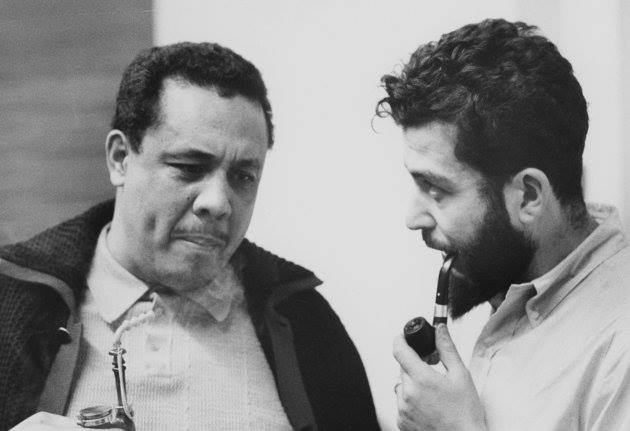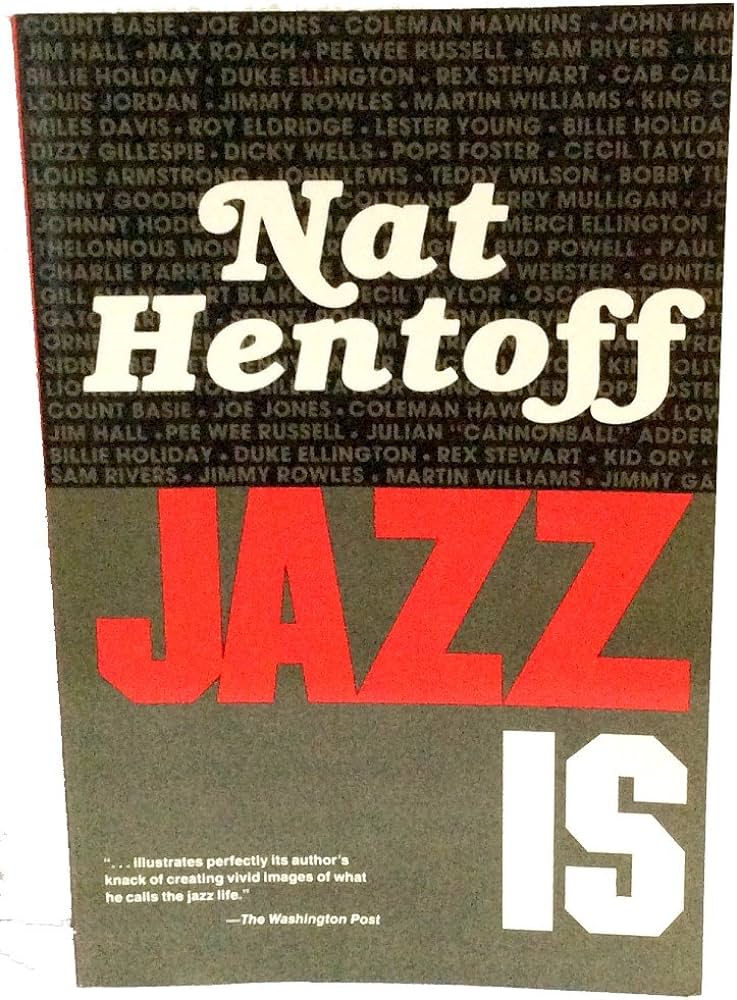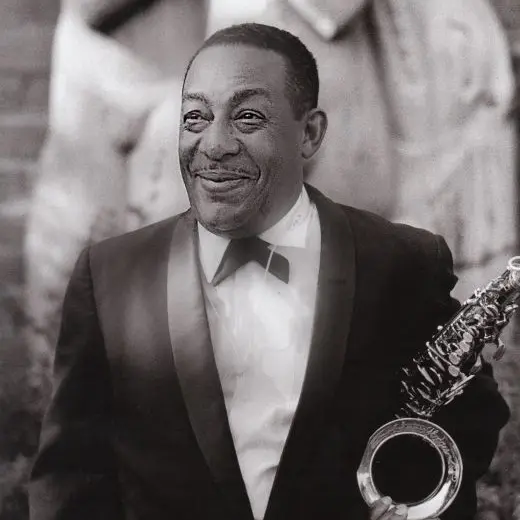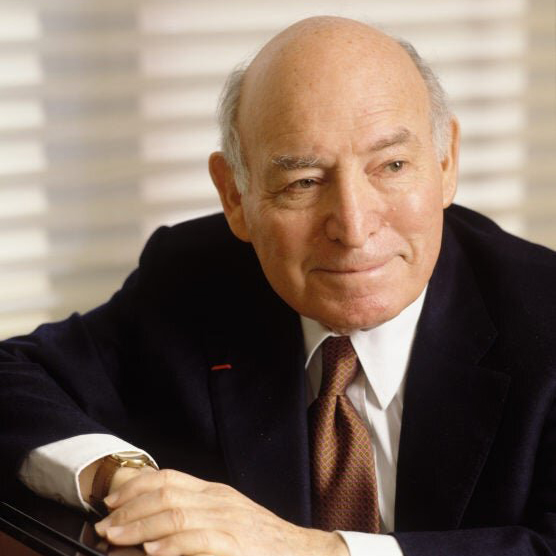Nat Hentoff

If you had to name one writer from Boston who made his way into print more often than any other in the 20th century and who covered the widest variety of topics, you could do far worse than starting the bidding with Nat Hentoff. He went to Boston Latin School and Northeastern University, graduating from the latter with highest honors in 1946, and began writing professionally while still in his teens, first for The Boston City Reporter, investigating antisemitic hate groups.
EARLY YEARS, RADIO, DOWNBEAT, THE VILLAGE VOICE, THE NEW YORKER
Born Nathan Irving Hentoff in 1925 in Boston to Russian-Jewish immigrants, his father, like Arthur Miller’s Willy Loman, was a traveling salesman. Hentoff took up the clarinet and soprano sax as a boy and became interested in jazz after hearing another clarinetist son of Russian-Jewish parents – Artie Shaw, born Arthur Jacob Arshawsky in Connecticut. Over the course of his 65-year writing career, jazz and politics were his most frequent subject areas.
Hentoff got his start on radio, hosting jazz programs on Boston station WMEX, including live broadcasts from the Savoy Ballroom and Storyville, jazz venues owned by George Wein. In 1952, he took on the first of several long-term engagements with print publications, covering jazz for DownBeat. He had a 50-year tenure as columnist for The Village Voice, a 26-year run for The New Yorker, and lengthy tenures at The Washington Post and The Wall Street Journal.
THE SOUND OF JAZZ, BILLIE HOLIDAY, LESTER YOUNG
Given the volume and scope of his writings, Hentoff was frequently asked what he considered his most lasting achievement. He had, after all, churned out 19 non-fiction books, nine novels and two memoirs and contributed freelance material to just about every major magazine that was published during his adulthood. Instead of a book, he chose the comparatively ephemeral medium of television. In 1957, he assisted in the production of The Sound of Jazz, a live Sunday afternoon program on CBS that brought together a number of jazz greats, some of them in cranky moods, perhaps from gigs that ran late the night before.
The performances reunited singer Billie Holiday and tenor saxophonist Lester Young. They had once been platonically close, giving each other nicknames that stuck with them, “Pres” for him, “Lady Day” for her. The two had drifted apart for reasons that were unclear, but real. “You can hurt his feelings in two seconds,” she had said. “I know because I found out once that I had.”
Young avoided Holiday during rehearsals; he was depressed and ill, and had to be replaced on all of his numbers except for Billie’s, “Fine and Mellow.” As he stood up to take his solo on that song, the two exchanged glances and she smiled, an exchange you can view today on YouTube, which brought tears to the eyes of those in the studio. Afterwards, Holiday came up to Hentoff. He thought she was mad at him because she’d forgotten his instructions to the musicians to dress casually, and had bought a $500 dress for the show. Instead, he wrote, “She just kissed me. It was the best award I’ve ever gotten.”
JOHNNY HODGES
I spoke with Nat by phone in 2016, not long before he died. I was working on a biography of Johnny Hodges, the long-time alto sax with Duke Ellington’s orchestra, and Nat had written two newspaper articles about Hodges describing a knife fight that broke out at an Ellington dance date in Boston in the late 1940s. Hodges, in his imperturbable style, had played through the incident calmly while dancers scrambled for safety and his bandmates looked on nervously. I’d been told by one of his fellow jazz critics that Nat’s mind was going, and that you couldn’t trust his memory anymore. I asked him about the articles and he said no, he didn’t recall writing them, a forgivable lapse in a man who was 91 at the time.
But did he remember Duke and Johnny Hodges? I asked. “You could never forget their music,” he said.
(by Con Chapman)
Con Chapman is the author of Rabbit’s Blues: The Life and Music of Johnny Hodges (Oxford University Press, 2019), Kansas City Jazz: A Little Evil Will Do You Good (Equinox Publishing, 2023) and Sax Expat: Don Byas (University Press of Mississippi, 2025).












